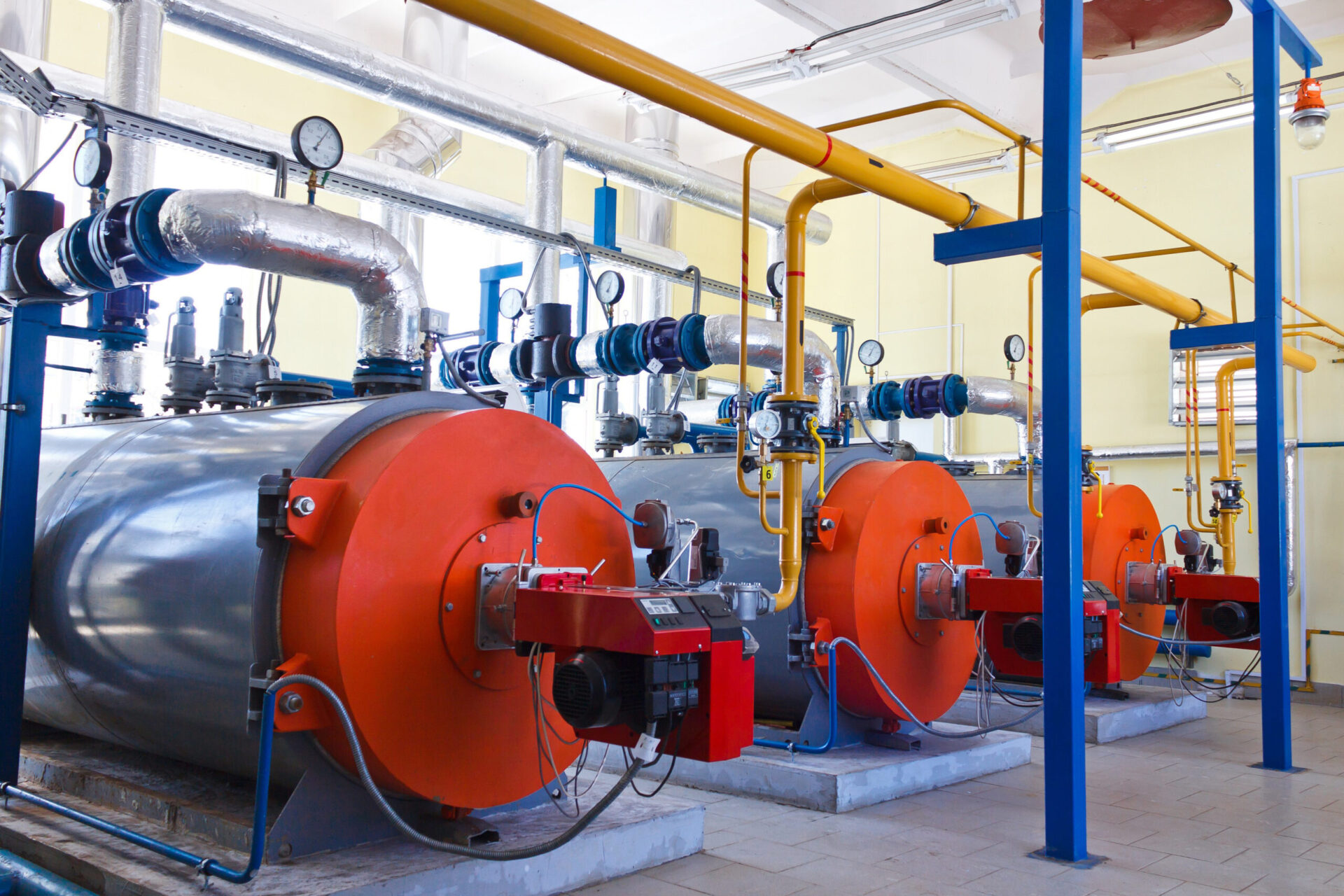FUEL AND NATURAL GAS
Cars, Trucks, Trains and Buses
- Optimal fuel combustion.
- Reduction of C02 emissions.
- No external power required.
- Easy installation.
- Ecological, Profitable & economical.


The MAGNETIZER causes chemical associations to break down naturally
formed (accumulations of hydrocarbons) in a single potentiated molecular state. This state
unique charged molecule burns more evenly and efficiently (efficiency) because the
fuel is completely atomized and ionized with oxygen.
The fuel loaded by the MAGNETIZER has a powerful and uniform combustion, which is
translates into higher combustion efficiency which helps reduce fuel and energy costs. In addition, the increased combustion efficiency due to the MAGNETIZER
significantly reduces emissions.
Advantages :
- The MAGNETIZER fuel conditioning system reduces transport and heating fuel consumption.
- Works with all types of fuel: gasoline, diesel, fuel oil, natural gas and LPG.
- Dissolves carbon/varnish buildup in lines, injectors, valves, chambers.
- Reduces paraffin in fuel lines and tanks.
- Extends motor and system life while reducing maintenance.
Applications:
- automobiles
- The trucks
- The buses
- Tractors
- Heavy equipment
- Motorcycles
- The trains
- Any internal combustion engine
Technical Principles:
The magnetic treatment of fuel is a non-linear phenomenon, which means that
very specific magnetic intensities are required to optimally process alkane fuel (linear chain) and aromatic fuel (benzene cycle).
Design requirements involve not only discrete magnetic intensities for fuel treatment, but also magnetic retention time
and magnetic permeability of the fuel conduit to achieve combustion
fuel stoichiometric.
From an analysis of the magnetic spectrum of the combustion of natural gas (methane), it was determined that magnetic fields have the ability to increase the intensity
light of the ultraviolet spectrum at 360 nanometers.
This increase in spectral activity parallels an increase in the efficiency of
combustion. Of course, combustion efficiency is directly proportional to
the reduction of emissions as well as the reduction of the quantity of fuel
necessary to produce the desired combustion.

